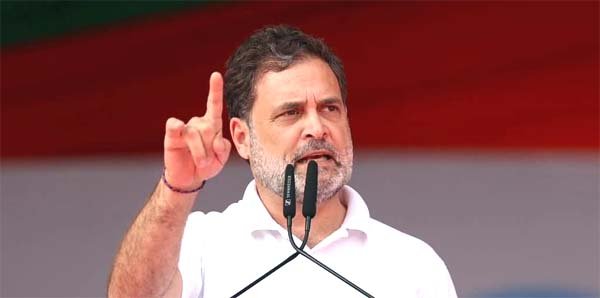Islamabad, Apr 26 (UNI) Pakistan’s Finance Minister Muhammed Aurangzeb met with the US’ global credit rating agency Fitch on the sidelines of the IMF summit in Washington, to discuss Islamabad’s credit rating. The agency upgraded the country’s rating slightly, showcasing some recovery in Pakistan’s crumbling economy.
According to The Express Tribune, the Pak FM expressed gratitude to Fitch Ratings for upgrading Pakistan’s sovereign credit rating from CCC+ to B-, describing it as a reflection of the country’s improving macroeconomic outlook and fiscal discipline. He explained that this positive revision would pave the way for Pakistan’s return to international financial markets.
During their meeting, Aurangzeb also updated the agency on the economic reforms undertaken by Islamabad. This included the government’s structural reform agenda, especially in the areas of energy, taxation, State-Owned Enterprises (SOEs), public finance, and debt management.
The engagement also included detailed responses to Fitch’s inquiries regarding ongoing tariff reforms, tax administration improvements, and broader revenue mobilisation strategies.
He also met with representatives from Moody’s Ratings, where he reiterated the government’s commitment to a structural reform agenda aimed at ensuring Pakistan is firmly set on the trajectory of long-term economic stability.
He cited positive economic indicators including low inflation, current and primary account surpluses, exchange rate stability, and record-high remittance inflows as evidence of Pakistan’s steady economic footing.
As per The Express Tribune, the Pakistan Finance Minister described the credit rating upgrade by Fitch as an external validation of the reform programme’s success, and a critical boost to investor confidence in Pakistan’s economic trajectory.
With the country’s nearly debilitated economy, an improvement in credit rating comes as a sigh of relief as this would mean lowering borrowing costs for Pakistan, making it cheaper for the government and businesses to access international capital markets.
This would in turn reduce the burden of debt servicing and free up resources for other essential public expenditures, improve its financial credibility globally, boost investor confidence, and make it easier for the country to attract some much-needed foreign investment.











